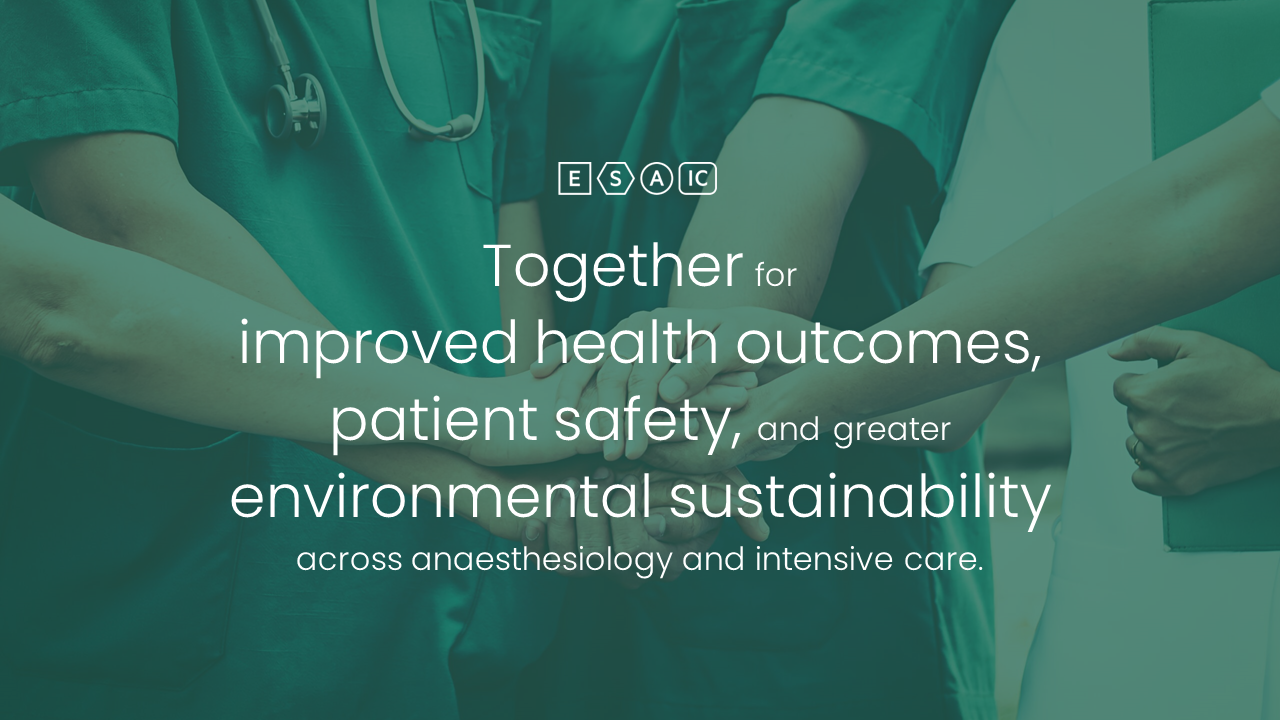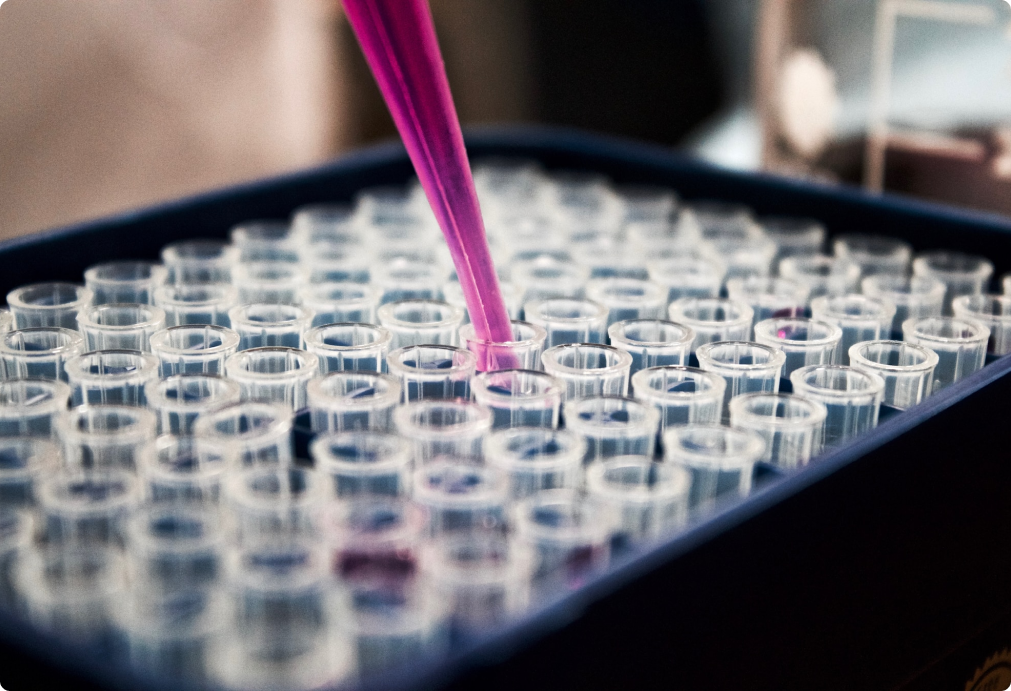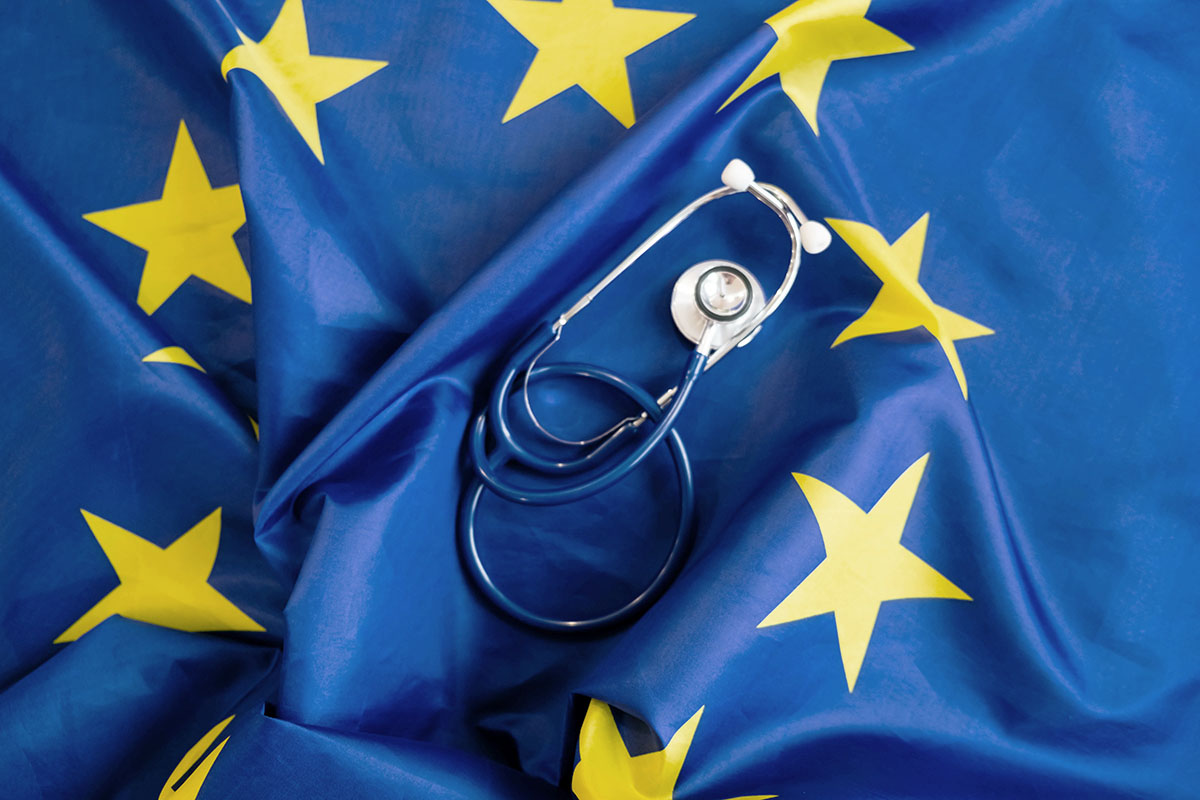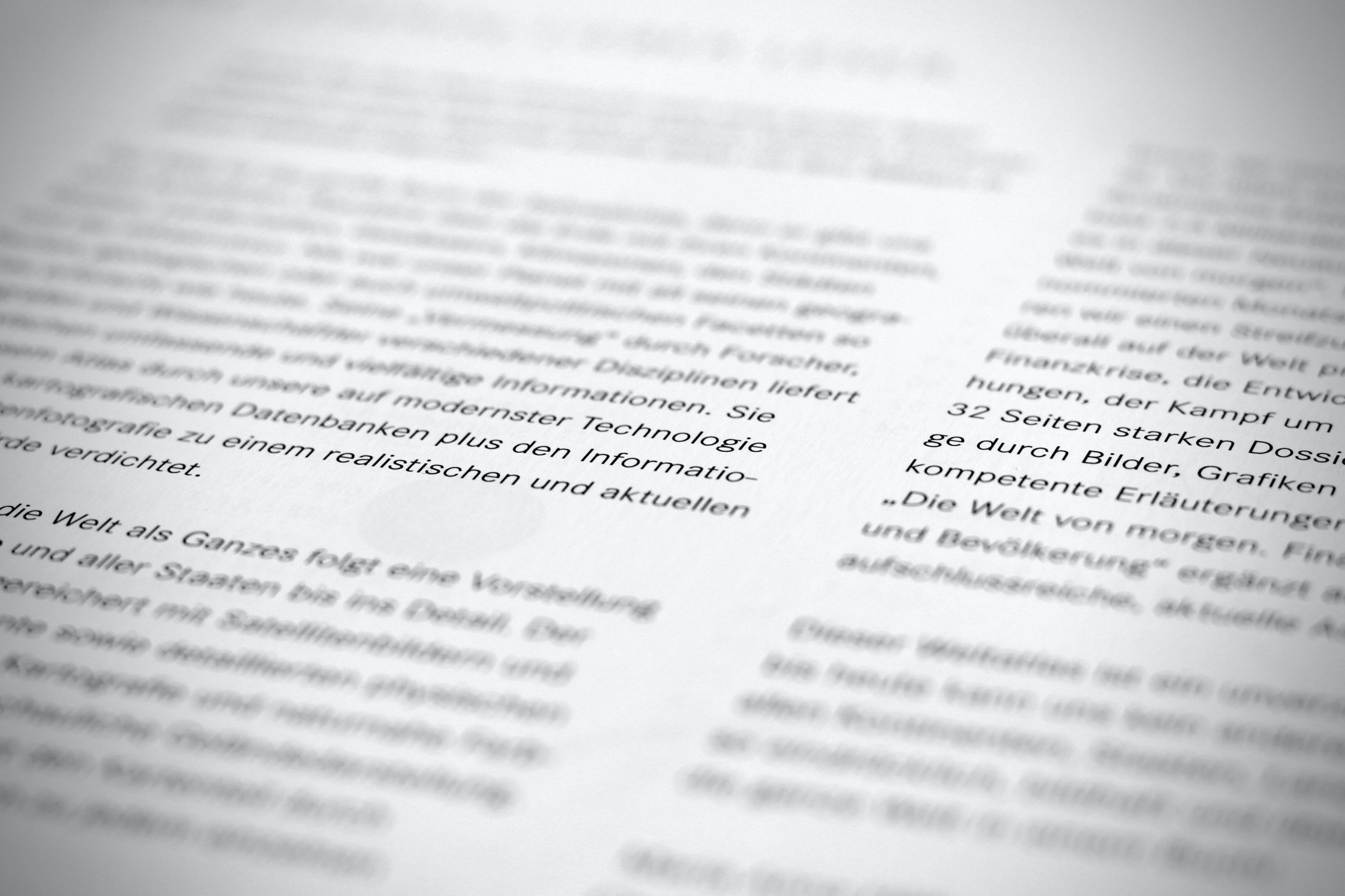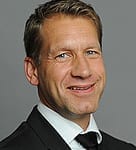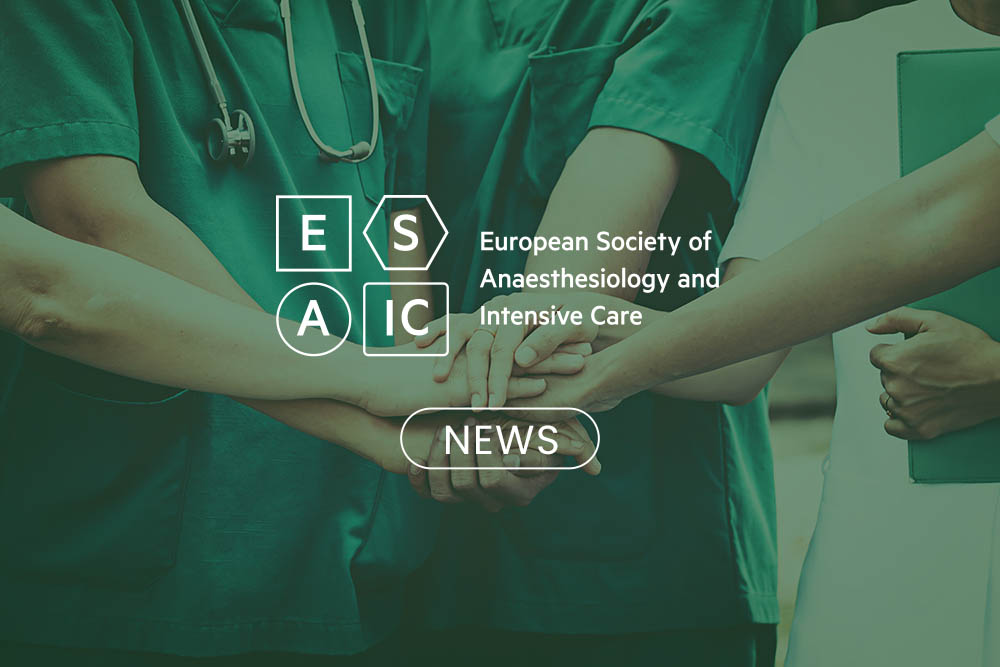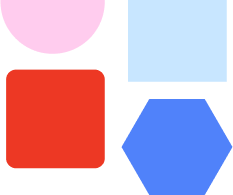Congress Newsletter 2021
EA21 Newsletter: Honorary Member Interview – Prof Paolo Pelosi
One of the Society’s most distinguished and popular former Presidents has been granted an Honorary Membership at this year’s Euroanaesthesia. He joins another popular former President Prof Stefan De Hert in this year’s Honorary Member list. Here we hear about Paolo’s career and achievements at ESAIC.
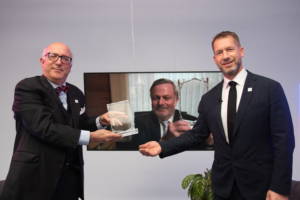
A: I really feel very proud and honoured. But this recognition is deserved to many colleagues all over the world who contributed to clinical educational and research development in the field of anaesthesiology and critical care. Without their passion, dedication, friendship, confidence and professionality, nothing would be possible. Stronger together for better patient treatment and family support. This must be an inspiration for the younger generation: think big and aim high, making any efforts to reach your targets. I like to quote a famous Italian journalist Mr Tiziano Terzani: “When you are at a crossroads and find a road that goes up and one that goes down, take the one that goes up. It is easier to go downhill, but in the end, you find yourself downhill. There is hope to rise. It’s difficult, it’s another way of seeing things, but it keeps you alert and full of unexpected discoveries.”. This is my philosophy of life; don’t be afraid to fail but do be afraid of not trying: this is my advice to the younger generation.
Q: Take us back in time to your early years. Why did you choose to study medicine, and how did you specialise in anaesthesia?
A: I studied medicine because I wanted to do a job to support humans when in difficulty. I decided to apply for anaesthesia, reanimation, critical care, and pain medicine because this specialisation allows us to investigate more in detail pathophysiology directly linked with clinical treatment. In other words, our speciality is very special making the understanding of pathophysiology directly at the bedside allowing us to develop practical and technological skills as well as innovation. Flexibility is our characteristic, and during the COVID-19 pandemic anaesthesiologists and critical care, physicians demonstrated how important were flexibility and the diversity of our profession. We were able to be leaders for the organisation, to deal with out-of and in-hospital emergencies, taking care of severe hypoxemic patients affected by an almost unknown disease like COVID-19 and of non-COVID-19 patients. We demonstrated that anaesthesiology and critical care is a pillar for the health care systems worldwide.
Q: Did you get to travel much during your training? How important is it for young anaesthesiologists to get the opportunity to see the way things are done in other countries, as happens in ESAIC’s Trainee Exchange Program?
A: I travelled a lot, with many contacts with different colleagues all over the world. I always suggest to younger colleagues to have different experiences in and outside their country. This makes you a better physician, a better anaesthesiologist and intensive care physician, and a better human being supporting other human beings. Follow your dreams, and your aspirations. It’s not luck in life, you must always work hard to get your targets, sometimes taking some risks and never give up just because things are getting hard, and you have never to sit around waiting for opportunities, but you must create them. You get what you pay in life!
Q: How did you first become involved in ESAIC (And indeed, all the differently-named organisations and societies before it)?
A: I was first involved in the European Society of Anaesthesiology (ESA) in the late 1990s. I was a young anaesthesiologist and critical care physician and Prof Rouby, from Paris France. proposed me to become a member of the Intensive Care Subcommittee of the Society. I was fascinated by the opportunities that the Society could give to me from professional development, education, and training as well as research networking. It is very important to support the young generation, this is the future of the Society! You will never get anything if you will never start.
Q: Tell us about some of the roles you served, including your time as President. How much has changed since you were President?
A: I served the Society in different roles. First in the Intensive Care Subcommittees as a member and then as a Chair. Following as National representative at the Council. Further as a member of the Board during the time of amalgamation, than in the board of the new European Society of Anaesthesiology, finally elected as President. All these different experiences were great for the development of the Society and personal achievements. But most importantly I learned how to work together, as a team. This is a fundamental attitude for anaesthesiologists and critical care physicians. I had several teachers from whom I learned how to manage difficulties and have innovative plans, most importantly thinking out of the box; never ever give up. Success is the sum of small effort repeated daily, don’t rush projects development, since great things take time and always stay focused on your goals. We should always work not for personal career but for an ideal.
Q: Are you involved in many clinical studies now, including on the COVID pandemic?
A: I think that curiosity is very important for our profession. Thus, I think that to be a good physician you need to combine equally different experiences from clinical profession, education and training and research. Experimental and clinical research should be always finalized for improvement and optimization of treatment of our patients and support of our families. I was involved in studies both in anaesthesia and critical care. This is a very important message, especially for young generations to dedicate their time also to research. During the COVID-19 pandemic, we also did a great work in different fields from pathophysiology to clinical treatment and health care system organization. Multidisciplinary collaboration and teamwork were essential.
Q: Which sessions are you especially interested in at this year’s Euroanaesthesia?
A: I am very interested in different fields of our discipline, both related to anaesthesia and critical care. The great advantage and opportunity of our speciality is diversity, and we should consider different areas of expertise. But also, to the development and organization of human relationships with patients and families. We need to open our eyes beyond the operating room or intensive care unit. Patients and families need our support for a longer period.
Q: What goals do you have for the rest of your career?
A: I think we should always look at the future. I will continue to practice clinical profession daily, as well as teaching and research. But I would like to be more involved in the organisation of health care systems in general trying to apply what I have learned, with the support of many colleagues, in my professional life to a larger group of patients and social-political organisation.
Q: All that was about work. How does Paolo Pelosi like to relax?
A: Unfortunately, in the last few years I had not much time to relax. But, when possible, I like to read, especially books of history and play the flute. Of course, to stay more with my family, without their constant support it would have been not possible to reach such ambitious targets!
Thanks Paolo and we hope you enjoy Euroanaesthesia 2021.
Read More of our special newsletter covering our virtual congress
